Whether you need routine wisdom teeth surgery in London, St. Thomas, and Sarnia, or help with complex extractions, we are here to make the process smooth and comfortable.
Most people have four wisdom teeth—two on the top and two on the bottom—that typically begin to emerge between the ages of 17 and 25, but sometimes earlier.
While some individuals have enough space in their mouths for these teeth to come in properly, many do not. When there is not enough space, wisdom teeth can become impacted, meaning they are trapped beneath the gums or within the jawbone.
Impacted wisdom teeth can lead to a range of dental problems, including pain, swelling, and infection. They may also damage nearby teeth or contribute to cysts and gum disease. Evaluations are important to determine if removal is the best course.
With three convenient locations across London, St. Thomas, and Sarnia, our trusted oral and maxillofacial surgeons provide precise, compassionate care in a modern, state-of-the-art environment.
Not everyone needs their wisdom teeth extracted—but for many, it is essential to avoid more serious issues. Even non-impacted wisdom teeth and a partially erupted wisdom tooth can contribute to periodontal disease if not properly managed, as bacteria and food debris can accumulate around these teeth, leading to infection and deterioration of the supporting bone and tissues.
An impacted tooth is trapped in bone or gum tissue and can cause various complications
Especially in hard-to-clean areas
Often a sign of underlying problems
From long-term impaction
Removing wisdom teeth early—before they cause significant problems—can help protect your oral health in the long run. Partially impacted wisdom teeth, in particular, can create pockets in the gum where bacteria thrive, leading to infection, bad breath, and an unpleasant taste in your mouth.
If left untreated, these issues can spread to nearby teeth, damage the jawbone, and cause more serious dental problems. Early removal of wisdom teeth reduces the risk of complications, supports healthy gums, and helps you avoid more complex procedures later on.
Impacted wisdom teeth can grow in at awkward angles or fail to fully emerge, leading to pain, swelling, or infection. Some are partially visible, while others remain completely trapped beneath the gum or jawbone. Understanding the type of impaction helps guide the safest and most effective treatment.
Impacted teeth can be classified based on their position relative to the gum line and the angle at which they grow:
Partially emerged above the gum line.
Fully trapped beneath the gums (could be soft tissue or bony).
Erupted through the bone but is still covered by the gums.
Fully encased in the jawbone.
Tilted tooth orientation, can cause damage to nearby teeth.
We use advanced 3D imaging, such as CBCT scans, where indicated, to assess these impacted teeth in detail before recommending treatment.
Wisdom teeth do not always cause immediate symptoms—but when they do, it is your body’s way of signalling a potential problem. Left untreated, impacted or poorly positioned third molars can lead to infections, pain, or even damage to surrounding teeth and bone.
If you are experiencing any of the symptoms below, it may be time to have your wisdom teeth evaluated by an oral and maxillofacial surgeon.
If you are experiencing any of these, our team can help determine the best course of action.

Proper preparation is key to a smooth wisdom tooth removal experience. Before your procedure, our oral surgery team will provide detailed instructions, which may include fasting for several hours if IV sedation or general anesthesia is planned.
Most people recover from wisdom teeth removal within a few days to a week. To heal properly and avoid complications like dry socket, it is important to follow your post-operative instructions carefully.
We typically offer local anesthesia, nitrous oxide sedation or IV sedation depending on the complexity of your case and your comfort level. This will be discussed during your consultation.
Soft, cool foods like smoothies, yogurt, and applesauce are ideal. Avoid hot, spicy, hard, or chewy foods for several days. We provide a full list of dietary recommendations at your appointment.
Even if you do not feel discomfort now, impacted or partially erupted teeth can cause hidden issues, including decay or damage to nearby teeth. We recommend a clinical exam and imaging to evaluate potential risks.
We recommend taking at least 1–2 days off to rest. Depending on your procedure and how you feel, you may be able to resume light activities shortly after.
Yes. We often offer nitrous oxide sedation, also known as laughing gas, as well as IV sedation to ensure your comfort throughout the procedure. During your consultation, our team will assess your medical history and personal preferences to determine the safest and most appropriate sedation method for you.
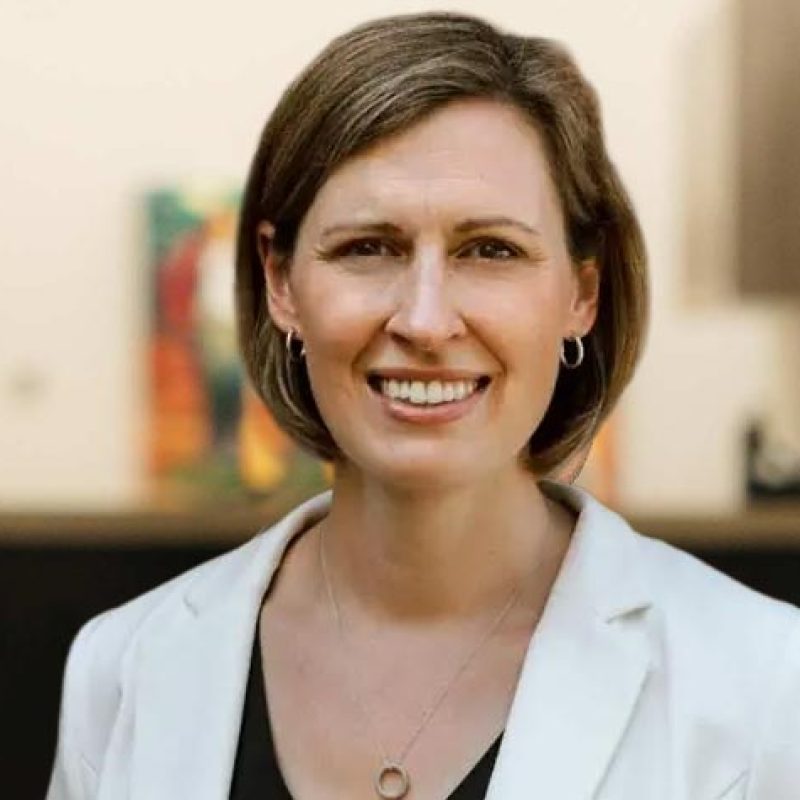
Dr. Christina McCord completed her DDS at Western in 2009 and her specialty training in oral medicine and oral pathology at the University of Toronto in 2013. Dr. McCord is a Fellow of the Royal College of Dentists of Canada. After finishing her specialty training, Dr. McCord worked as an Assistant Professor at the University of Toronto for 18 months, and then moved to London to take a position at Western in 2015. Currently, Dr. McCord is an Associate Professor, with tenure, at Western University.
Dr. McCord is also actively involved in the dental community. She is a past president of both the London and District Dental Society and the Canadian Dental Specialties Association. She is also the current President of the Canadian Association of Oral and Maxillofacial Pathology and Oral Medicine. She is the chief examiner for the RCDC Fellowship Examinations in oral medicine and oral pathology and recently completed a 4-year term as the lead examiner for the National Dental Specialty Exam (NDSE) in oral medicine and oral pathology.
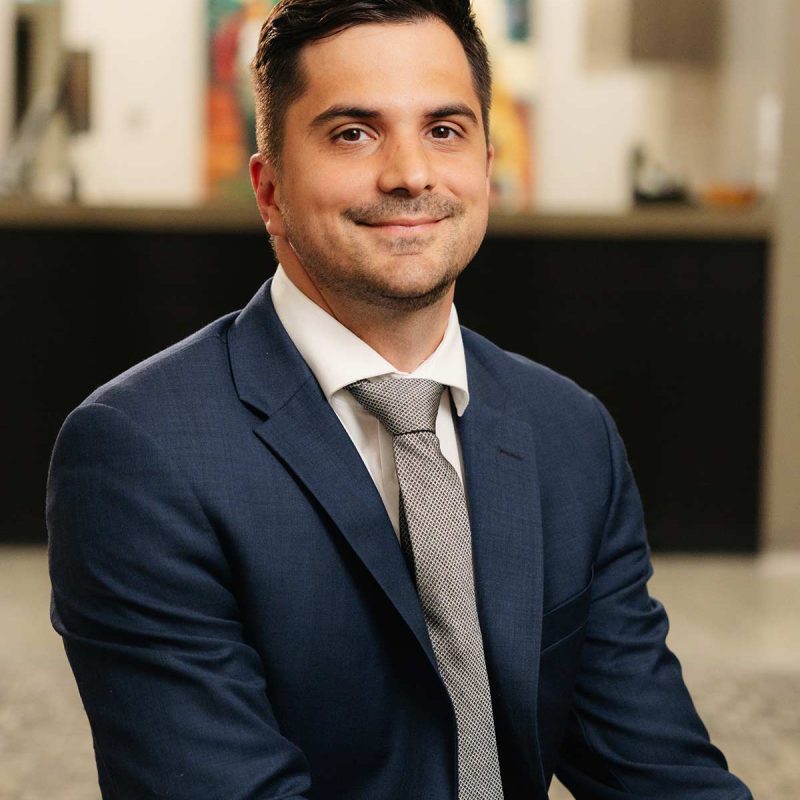
Dr. Damir Rosić was born in Bremen, Germany before moving to Trois-Rivieres, Quebec with his family at a young age. He had the opportunity to learn French and become a Montreal Canadiens fan. He completed his dental undergraduate studies at the Université de Montréal where he also had the privilege of representing the Carabins soccer program. After obtaining his Doctorate of Medicine in Dentistry (DMD), he moved back to the Greater Toronto Area where he practiced as a General Dentist for one year. He then went on to complete the General Practice Residency (GPR) at Western University before being accepted into the Oral and Maxillofacial Surgery program. He also obtained his Doctorate in Medicine (MD) as well as Master’s of Science in Pathology from Western University. Damir is a board-certified Fellow of the Royal College of Dentists of Canada in Oral & Maxillofacial Surgery. He is an active member of the London and Elgin District Dental Societies.
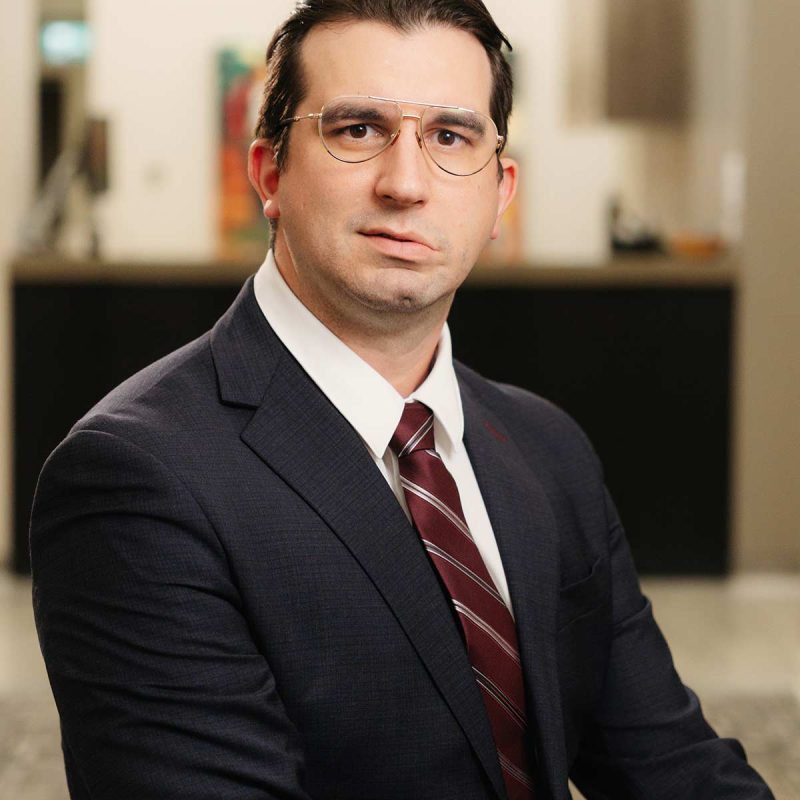
Dr. Benjamin Rogala was born and raised in Winnipeg, Manitoba. He earned a degree in Biopsychology and Neuroscience from the University of Winnipeg before completing his Doctor of Dental Medicine (DMD) at the University of Manitoba School of Dentistry in 2013.
Following his dental studies, Dr. Rogala undertook a general practice residency in hospital dentistry at Foothills Medical Centre in Calgary, Alberta, in 2014. He then spent two years practising as a general dentist before relocating to London, Ontario, to pursue specialty training in Oral and Maxillofacial Surgery at the University of Western Ontario.
During his residency, Dr. Rogala also earned a Master of Science in Pathology and a Medical Degree. He subsequently completed advanced fellowship training in Orthognathic Surgery and Temporomandibular Joint (TMJ) Surgery—including joint replacement and arthroscopic procedures—at the University of Toronto in 2023.
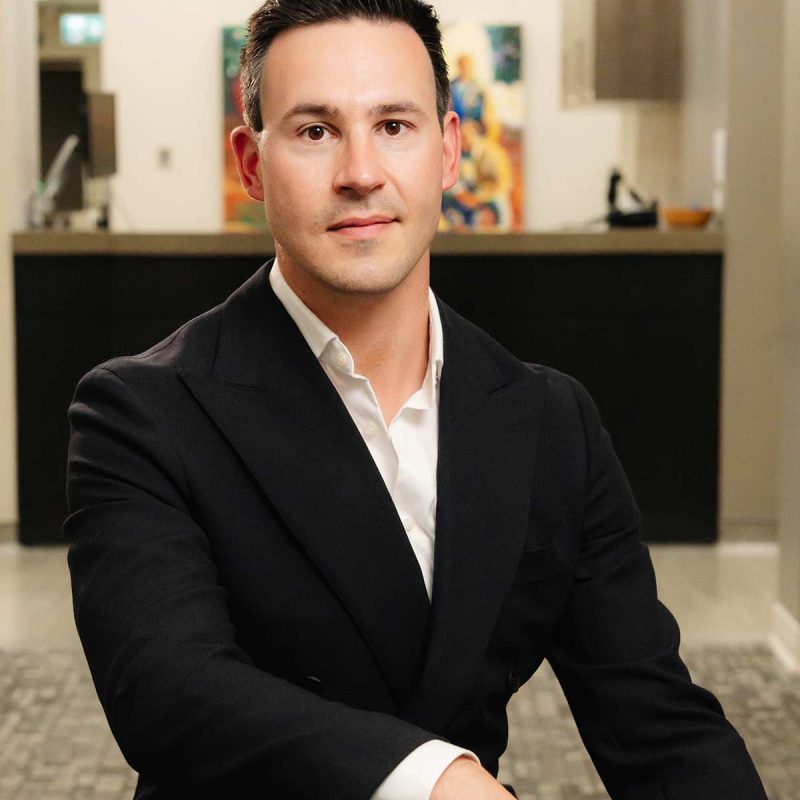
Dr. Christopher A. Fanelli, born and raised in London, Ontario, is proud to call the Forest City home. He completed his undergraduate studies at the University of Western Ontario before earning his Doctor of Dental Surgery (DDS) degree from the University of Southern California – Ostrow School of Dentistry in 2015.
Dr. Fanelli went on to complete his residency in Oral and Maxillofacial Surgery at the University of Miami – Miller School of Medicine, where he served as chief resident. He further specialized with a fellowship in Endoscopic Maxillofacial and Minimally Invasive Surgery at the Harvard School of Dental Medicine / Massachusetts General Hospital. During this time, he also held a faculty position as an Attending Clinical Instructor of Surgery at both Harvard Medical School and the Harvard School of Dental Medicine.
A board-certified Fellow of the Royal College of Dentists of Canada in Oral and Maxillofacial Surgery, Dr. Fanelli is an active member of the London and Elgin District Dental Societies. He continues to publish research in international peer-reviewed journals in collaboration with his colleagues at Interface and regularly lectures both nationally and internationally.
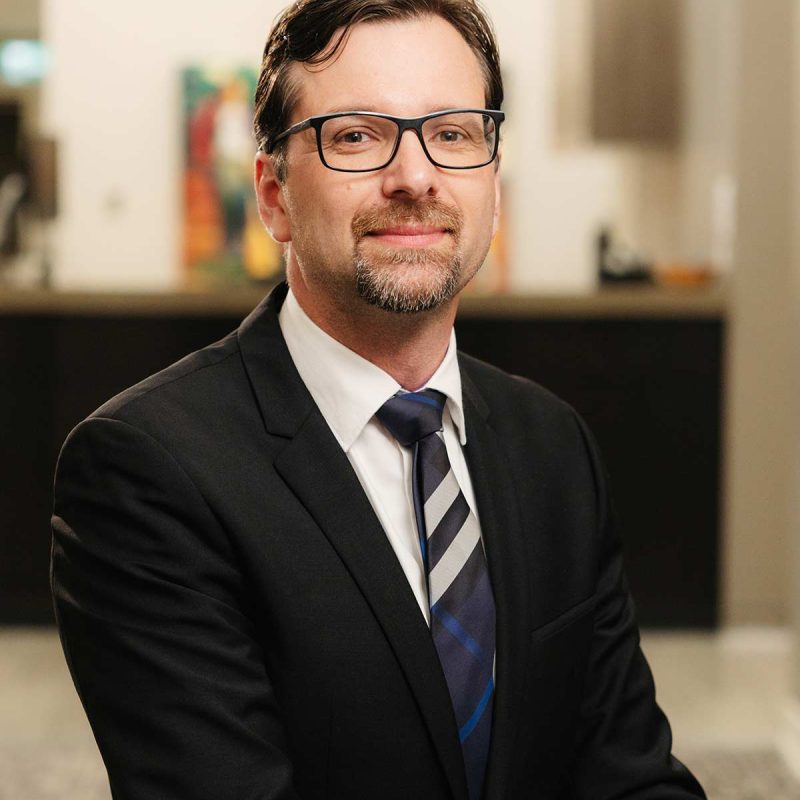
Dr. Kerr was born and raised in Woodstock, New Brunswick. He obtained his Bachelor of Science degree from St. Francis Xavier University followed by his Doctor of Dental Surgery from Dalhousie University. He then pursued additional hospital based dental training and served as a General Practice Resident at London Health Sciences Centre. Dr. Kerr completed his Oral and Maxillofacial Surgery specialty training at the University of Western Ontario, where he also obtained his Masters of Science in Pathology, as well as a Medical Degree. He is a past president of the Ontario Society of Oral and Maxillofacial Surgeons.
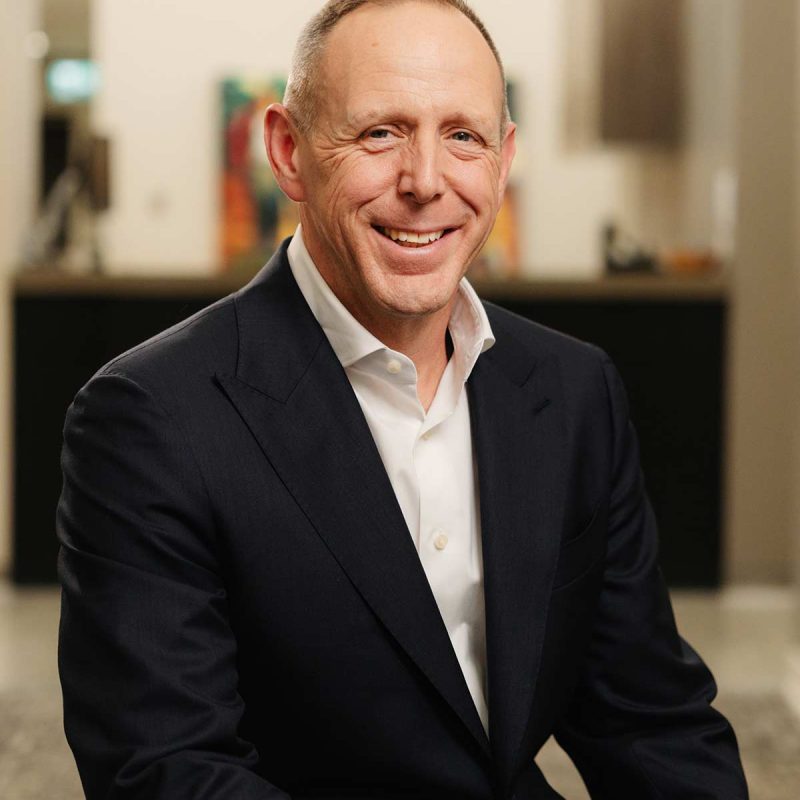
Dr. Michael D. Kirton was born in Scarborough and raised in Unionville, Ontario. He earned both his undergraduate degree and Doctor of Dental Surgery (DDS) from the University of Western Ontario, graduating in 1996. Following dental school, he completed a dental internship at the London Health Sciences Centre in 1997. He then pursued specialized training in Oral and Maxillofacial Surgery at the University of Illinois at Chicago, completing the program in 2001.
Since returning to Canada, Dr. Kirton has maintained a private practice in London, Ontario. He is a Fellow of the Royal College of Dentists of Canada and holds membership in several professional organizations.
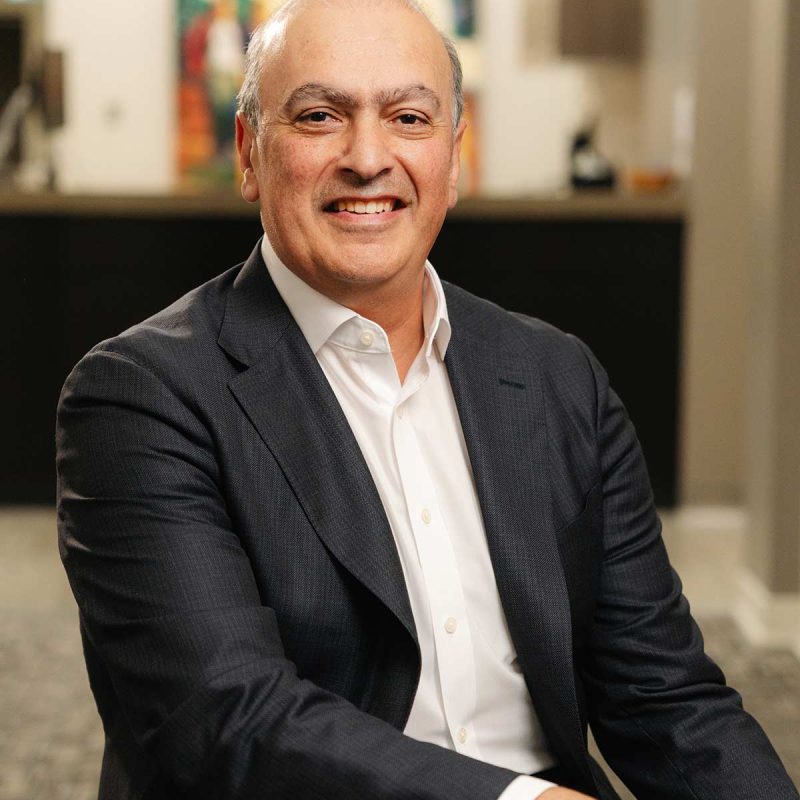
Dr. Keyvan Abbaszadeh, originally from Tehran, Iran, has called Canada home since 1985. He earned his Bachelor’s degree from the University of Toronto in 1990, followed by his Doctor of Dental Medicine degree from Tufts University School of Dental Medicine in 1994. He went on to complete a post-graduate internship at Brigham and Women’s Hospital/Harvard University in Boston, Massachusetts, and finished his residency in Oral and Maxillofacial Surgery at the University of Illinois at Chicago in 1999.
Since then, Dr. Abbaszadeh has been in private practice in London, Ontario. He is a Fellow and examiner of the Royal College of Dentists of Canada, a Diplomate of the American Board of Oral and Maxillofacial Surgery, and a Fellow of the International College of Dentists. He is also a Fellow of the American College of Surgeons. He also serves as an Adjunct Clinical Professor at the Schulich School of Medicine & Dentistry at Western University.
Dr. Abbaszadeh is a past president of both the London and District Dental Society and the Ontario Society of Oral and Maxillofacial Surgeons. His clinical interests include orthognathic surgery, facial trauma, and dental implant surgery.
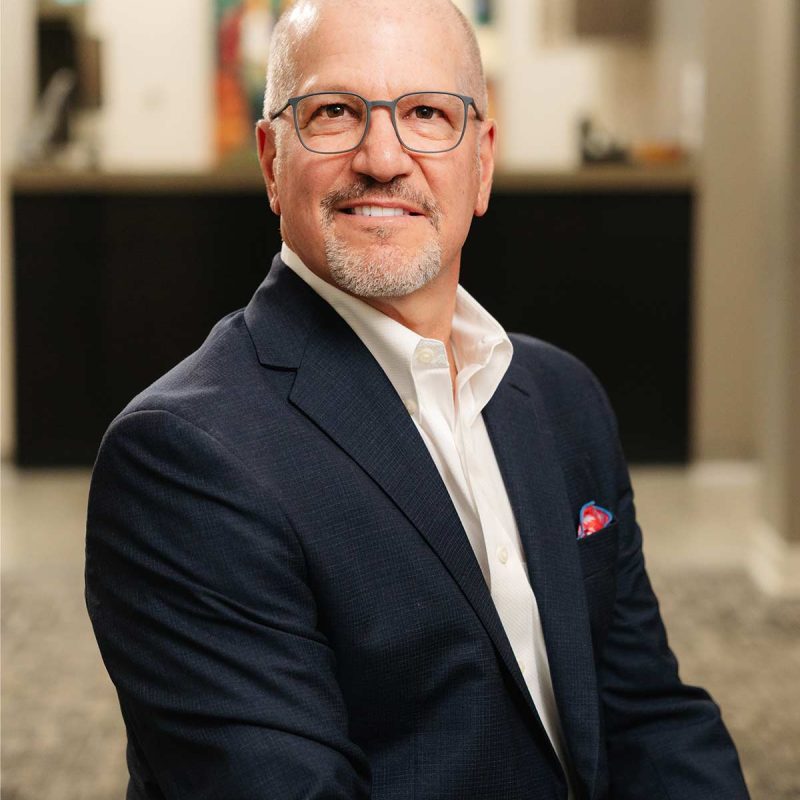
Dr. Mitchell Kravitz, originally from Montreal, Quebec, completed both his undergraduate studies and dental training at McGill University, earning his Doctor of Dental Surgery degree in 1989. He went on to complete a 4 year residency program in Oral and Maxillofacial Surgery at Bellevue Hospital Center/New York University in 1993. Upon returning to Canada, Dr. Kravitz joined the Interface Oral & Maxillofacial Surgery group practice in London, Ontario, prior to the opening of the 2nd and 3rd offices in St. Thomas and Sarnia.
He is a Fellow of the Royal College of Dentists of Canada and maintains active memberships in several professional associations. While his practice covers a wide scope of oral and maxillofacial surgery, he has a special interest in dental implant tooth replacement and bone graft reconstruction.
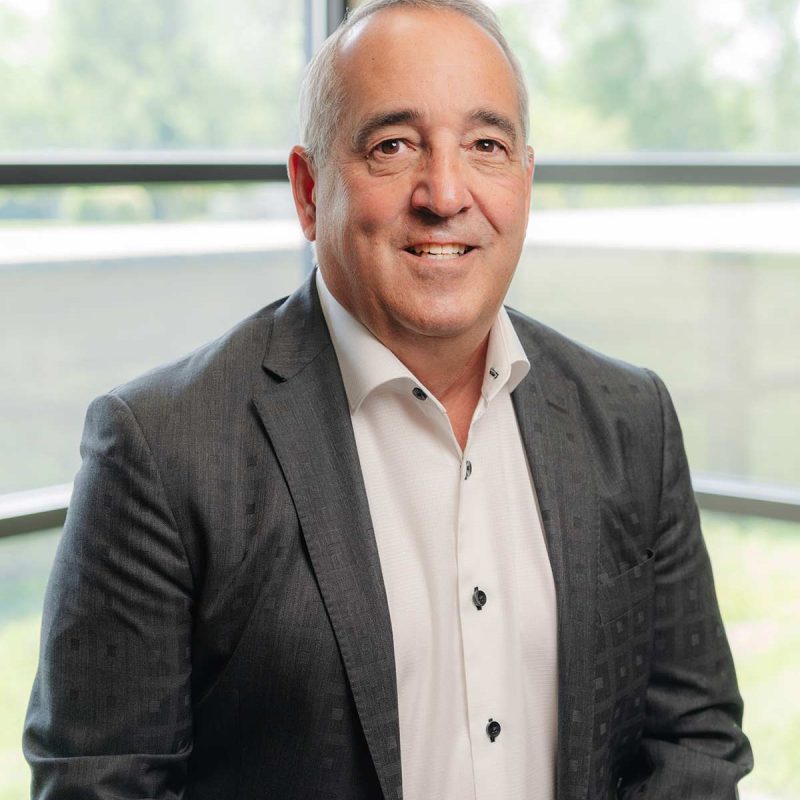
Dr. Giorgio Aiello earned his Doctor of Dental Surgery (DDS) degree from the University of Western Ontario in 1985, followed by an internship at the London Health Sciences Centre. He went on to complete his residency in Oral and Maxillofacial Surgery at McGill University in Montreal, Quebec, where he also obtained a Master of Science degree in 1992.
Dr. Aiello has been in private practice in London, Ontario ever since. He is a Fellow of the Royal College of Dentists of Canada, a Fellow of the International Team for Implantology (ITI), and holds a Fellowship with the International College of Dentists.
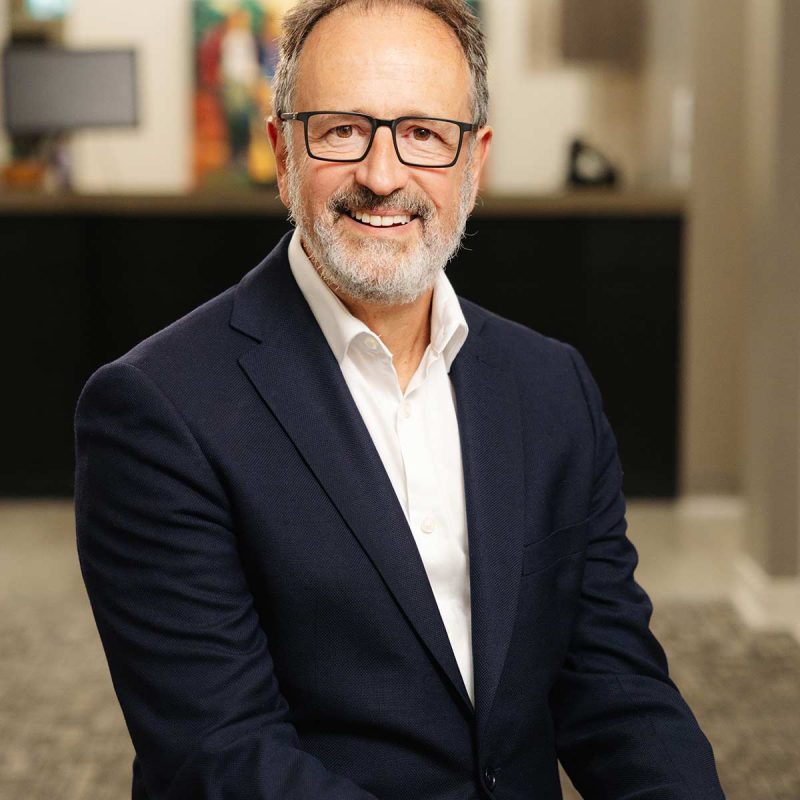
Dr. William L. Frydman, originally from Toronto, earned his Doctor of Dental Surgery (DDS) degree from the University of Toronto in 1983. He then completed a dental internship at Mount Sinai Hospital before pursuing a residency in Oral and Maxillofacial Surgery at the University of Illinois and Cook County Hospital in Chicago. In 1991, he received his Master of Science degree in microsurgery from the University of Illinois.
Since 1989, Dr. Frydman has been practising Oral and Maxillofacial Surgery privately in London, Ontario. He is a Fellow of the Royal College of Dentists of Canada, where he also serves as an examiner. In addition, he is a Diplomate of the American Board of Oral and Maxillofacial Surgery.
Dr. Frydman held the position of Clinical Associate Professor of Surgery at the University of Illinois at Chicago and served as Associate Program Director (Canada) for the university’s Oral and Maxillofacial Surgery program from 1997 to 2007. He is currently an adjunct clinical professor at Western University, where he regularly lectures in the graduate Orthodontics department.
Dr. Frydman is Chief of Surgery at St. Thomas Elgin General Hospital and is a past Chair of the Canadian Association of Oral and Maxillofacial Surgeons Foundation for Continuing Education and Research. He has received numerous teaching and meritorious service awards from the University of Illinois in Chicago, as well as recognition from provincial and national dental associations.
Deeply committed to global outreach, Dr. Frydman has participated in multiple surgical missions to underserved regions, providing care to children and adults with facial anomalies such as cleft lip and palate. His academic contributions include research and publications in both basic science and clinical fields. His primary clinical interests focus on corrective and reconstructive maxillofacial surgery.
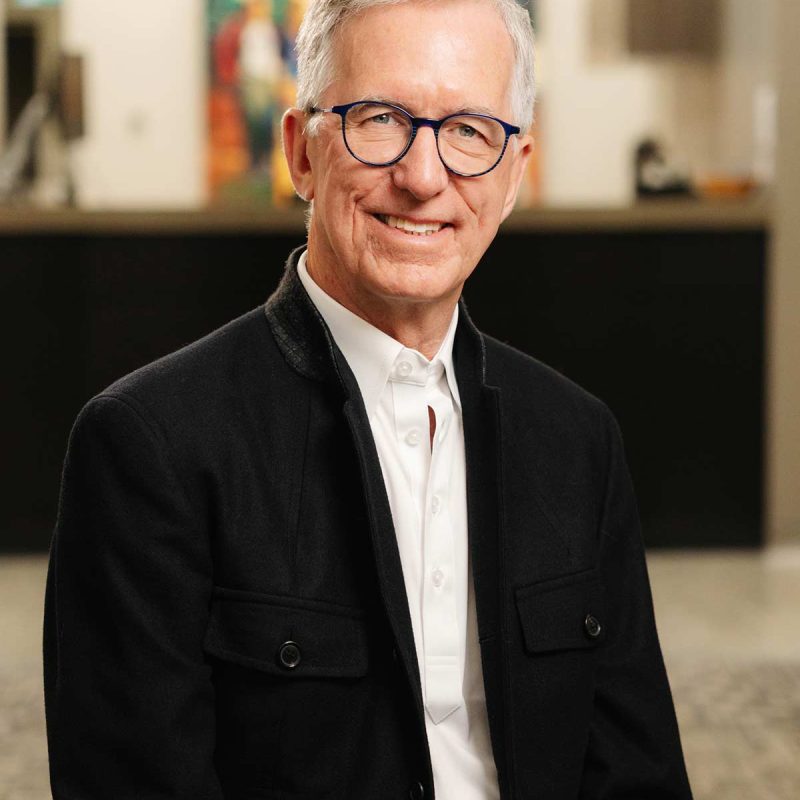
Dr. William G. Abbott was born in Regina, Saskatchewan and raised in Sarnia, Ontario. He earned his undergraduate degree from the University of Western Ontario and completed his Doctor of Dental Surgery at the University of Toronto in 1976. He then undertook a hospital internship at University Hospital in London, Ontario, followed by a residency in Oral and Maxillofacial Surgery at Michael Reese Hospital and Medical Center in Chicago, Illinois.
Dr. Abbott has been in private practice in London, Ontario since 1980. He is a Fellow of the Royal College of Dentists of Canada and a former examiner for the College. He also holds Diplomate status with the American Board of Oral and Maxillofacial Surgery. His leadership roles include past presidency of both the Canadian Association of Oral and Maxillofacial Surgeons and the London and District Dental Society.
Previously, Dr. Abbott served as Associate Clinical Professor of Oral and Maxillofacial Surgery at the University of Illinois at Chicago. He is a Fellow of the International Team for Implantology (ITI), where he currently acts as Study Club Coordinator for the Canadian Section. A frequent speaker at study clubs and dental society meetings, he is also an Honorary Fellow of the Academy of Dentistry International and the Pierre Fauchard Academy.